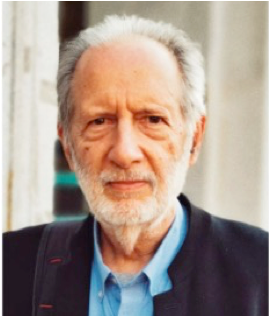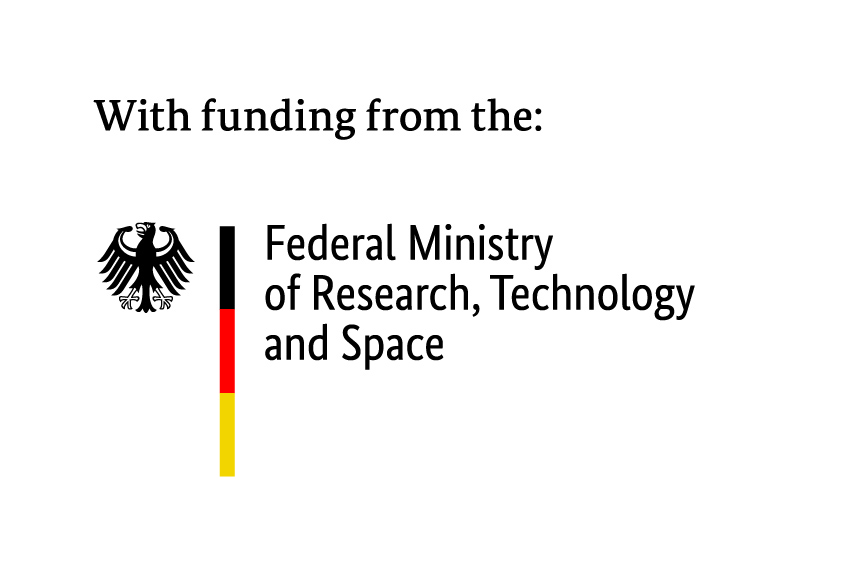c:o/re short-term Senior Fellow 10/24

Carl Mitcham is Professor Emeritus of Humanities, Arts, and Social Sciences at Colorado School of Mines in the United States. He has held visiting positions at universities in Europe and China, served as a member of the Committee on Scientific Freedom and Responsibility of the American Association for the Advancement of Science (1994-2000), and on expert study groups for the European Commission (2009 and 2012). Awards include the Abbot Payson Usher Prize of the Society for the History of Technology (1974), International World Technology Network award for Ethics (2006), Doctorate Honoris Causa, Universitat Internacional Valenciana, Spain (2010), Lifetime Achievement Award of the Society for Philosophy and Technology (2021), and Sterling Olmsted Award of the American Society for Engineering Education (2021). He holds the BA and MA in Philosophy from the University of Colorado and the PhD in Philosophy from Fordham University.
Political Philosophy of Engineering and Technology
In the most general sense, this workshop (on October 22 @ c:o/re) seeks to promote intersectional reflection on political philosophy and the philosophy of engineering and technology, emphasizing the new conditions of politics constituted by a plethora of emerging, disruptive, destabilizing nuclear-nano-bio-info-cogno (NNBIC) technologies in a globalized, multi-polar world. One hypothesis is that ethics, which is the most prominent facet of the philosophy of technology discourse, is progressively inadequate to the task of thinking critically about engineering and technology; a second is that political philosophy today must attend more deliberately to engineered and engineering influence on domestic and especially great power international politics.
The modern Euro-American liberal (democratic) nation-state is constituted on the back of modern science, engineering, and technology with the goal of maximizing individualistic freedoms. For example, to expand a political association beyond the city depends on the dynamism of modern engineering to knit the state together with transport and communication infrastructures; such infrastructures have enhanced individual liberties but challenged their just distribution. Political philosophy in its conventional English-speaking form focuses on issues of freedom and justice in government and public institutions in this new liberal order.
Freedom refers, in a first instance (vide Bacon and Descartes), to the liberation of individuals from the constraints of nature imposed by illness, disease, and material poverty. In a second instance, freedom requires a state that liberates science and engineering from superstitious constraints, funds them appropriately, and justly distributes the newly produceable health and welfare. In still a third, there are concerns to delimit expanded social engineering powers of surveillance and management. Finally, there is the need to protect the sovereignty of the state, i.e., its liberty, from infringements by other states and weapons of mass and stealth destruction technology arms races.
Publications (selection)
Mitcham, Carl. 2020. Steps toward a Philosophy of Engineering. London: Rowman & Littlefield.
Mitcham, Carl and Adam Briggle. 2012. Ethics and Science: An Introduction. Cambridge, UK: Cambridge University Press.
Mitcham, Carl. 2005. Encyclopedia of Science, Technology, and Ethics, 4 vols. Detroit: Macmillan Reference.
Mitcham, Carl. 1994. Thinking through Technology: The Path between Engineering and Philosophy. Chicago: University of Chicago Press.
Mitcham, Carl and Robert Mackey. 1972. Philosophy and Technology: Readings in the Philosophical Problems of Technology. New York: Free Press.



